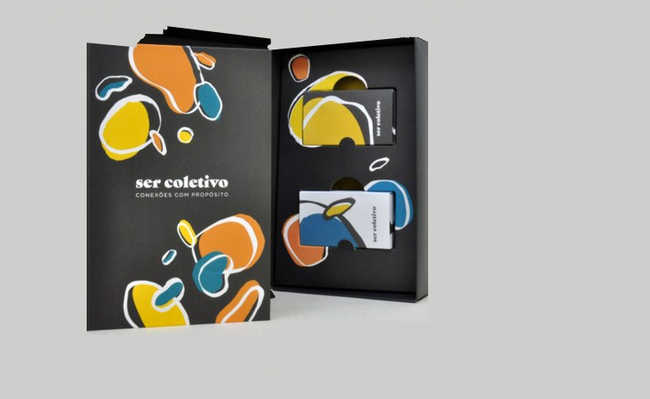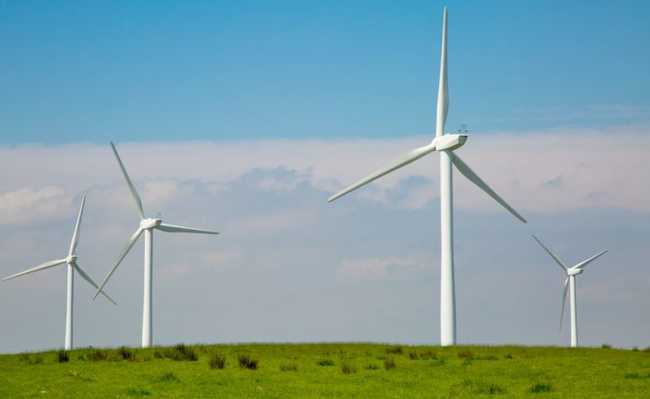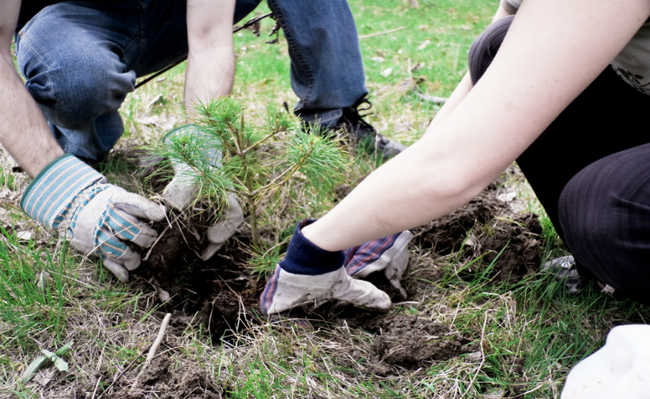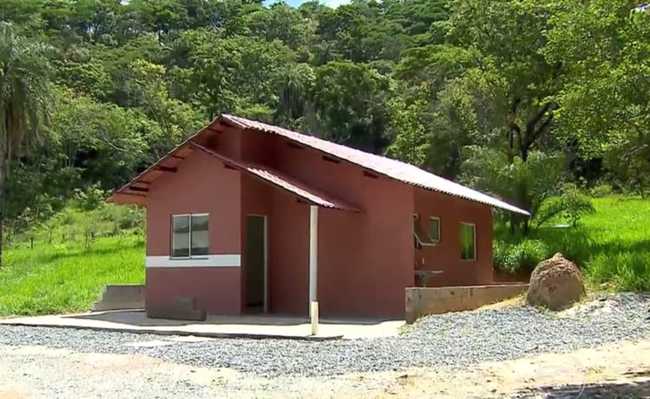What is sustainable consumption?
Understand what sustainable consumption is and know how to put the idea into practice
Images by Jeon Sang-O and OpenClipart-Vectors on Pixabay
Sustainable consumption is an expression used very often in different media. If you search in search engines of the Internet thousands of different results will emerge with scientific articles, news, product offers, among others. Each of them has a different way of defining what sustainable consumption is - an important attitude that contemporary consumers should take to have a lighter footprint and preserve the environment.
The sustainable consumption options are varied, just look for: a sustainable chocolate, a sustainable jeans and even a sustainable toothbrush. But what does it really mean to consume this type of product?
The numbers speak for themselves. According to the FAO (United Nations Food and Agriculture Organization), the world has already lost, in the last decade, an area greater than two states of São Paulo in forests. And air pollution already causes more than two million deaths annually, according to a study published by Enviromental Research Letters. To World's Worst Pollution Problems Report, a report developed by the Blacksmith Institute, the industrial disposal of toxic substances such as lead, chromium and mercury, in addition to harming the environment, has already reduced 17 million years of life for the inhabitants of developing countries. Certainly, the situation on the planet is worrying and practices such as sustainable consumption can ease the damage already caused and prevent others from happening. But to put it into practice, it is necessary to understand well what sustainable consumption is.
responsible consumption
From the pot that makes your food to the car you drive, all consumption choices bring some kind of consequence to the world. However, whether this consequence will be good or bad will determine whether you are practicing sustainable consumption or not.
According to the director of Instituto Akatu, Helio Mattar, world consumption, in addition to being poorly distributed, is out of control: around 20% of the world's population consumes 80% of all products and services on the planet. And each year, more than 150 million new consumers enter the market. This estimate shows that, in the next 20 years, we will have three billion people wasting food, taking longer than necessary to bathe, worshiping mall windows, waiting in lines at stores and shopping online.
This behavioral paradigm of immediate consumption, which seeks quick satisfaction without considering the consequences, needs to be changed. Otherwise, the damage caused to the environment will assume absurd and irreversible proportions. Sustainable consumption can be one of the solutions.
Sustainable consumption is nothing more than responsible and conscious consumption, being the opposite of immediate consumption. According to a study published in Cadernos Ebape of the Fundação Getúlio Vargas, the idea of sustainable consumption emerged gradually over the generations. And, along this historical path, three factors acted together for the emergence of the concept of sustainable consumption: public environmentalism in the 1970s, the environmentalization of the public sector in the 1980s and the emergence of business concern in the 1990s about the impact that the lifestyles and consumption habits have on the environment.
Which is
Green consumption, sustainable consumption, conscious consumption, responsible consumption . According to the Ministry of the Environment, sustainable consumption involves the choice of products that use fewer natural resources in their production, which ensured decent employment for those who produced them and which will be easily reused or recycled. Thus, sustainable consumption happens when our purchase or acquisition choices are conscious, responsible and with the understanding that they will have environmental and social consequences. The consumer who takes this attitude is one who is not passive and, for this reason, has a critical sense and ponders, not buying a product just because the media induces him to do so.
The United Nations Environment Program (UNEP) of the UN also considers that sustainable consumption is that in which there is the use of services and products that meet the basic needs of the entire population, in addition to bringing quality of life and reduce damage to the environment. This means that sustainable consumption presupposes, above all, reducing the use of natural resources and the production of garbage and other toxic materials.
For the Akatu Institute, sustainable consumption is one that values:
- Durable products more than disposable or accelerated obsolescence products;
- Local production and development more than global production;
- Shared use of products more than individual ownership and use;
- Sustainable and non-consumer advertising;
- Virtual options more than material ones;
- The non-waste of food, promoting its full use and prolonging its useful life;
- Satisfaction for using the products and not for over-purchasing;
- The healthiest products and choices;
- Emotions, ideas and experiences more than material products;
- Cooperation more than competition.
Finally, we can understand that sustainable consumption is a matter of consumer attitude, which does not only take into account the purchase of the product, but also the production that preceded the acquisition, use and disposal. This is a consumer who does not adjust to the current consumption patterns imposed and who does not put the environment at the service of his personal satisfaction.
Put into practice
Many people believe that sustainable consumption is a practice that concerns only the purchase of products whose manufacture had a low environmental impact and, for that reason, are very expensive.
Knowing well the brands you prefer, paying attention to product labels, planning your purchases well in order to avoid excessive consumerism are, according to Instituto Akatu, practices of a sustainable consumer. However, contrary to popular belief, sustainable consumption goes beyond that and can be practiced based on changes in behavior.
Stopping meat and animal products, for example, is a sustainable attitude, even more effective in reducing greenhouse gas emissions than stopping driving, according to experts. Recycle household waste, save electricity, opt for organic fruits and vegetables and practice the upcycle with worn and used objects are other ways to practice sustainable consumption. Even immersing yourself in the “do it yourself” concept and producing your own toothpaste and your own disinfectant is also a sustainable consumption attitude.
That's why it's important for people to understand that consumption is not just buying something at the mall. Consumption is also the water you use, the energy you use and the food you eat.
The Brazilian Institute for Consumer Defense (Idec) and the Ministry of the Environment have developed a guide that presents a step-by-step guide on how to practice sustainable consumption. These are simple tips that are worth putting into practice:
- To wash the car, use a bucket instead of a hose;
- Try to limit your bath to no more than 5 minutes and turn off the tap while soaping;
- When washing dishes, use a basin to soak dishes and cutlery for a few minutes before washing. This helps to loosen the dirt. Afterwards, use running water only to rinse;
- If you have a washing machine, always use it at full load and be careful with excess soap, to avoid a greater number of rinses.
- Avoid opening the refrigerator door too much or for a long time;
- When buying, give preference to fluorescent, compact or circular lamps. In addition to consuming less energy, these bulbs last longer than others;
- When buying an air conditioner, choose a model suitable for the size of the environment in which it will be used. Prefer appliances with automatic temperature control and the highest efficiency brands (know what they are, according to the Procel seal)
- Choose composting as your method of disposing of your organic waste (it's safe, efficient and doesn't cause any contamination - besides creating a new and fertile compost for your plants).
Keeping an eye on Brazil
With regard to sustainability, Brazil still needs to take a long road towards awareness. Check out some tips in our Consciousness section, and the next time you go shopping or take a shower, remember that everything you do today will reverberate into posterity.










